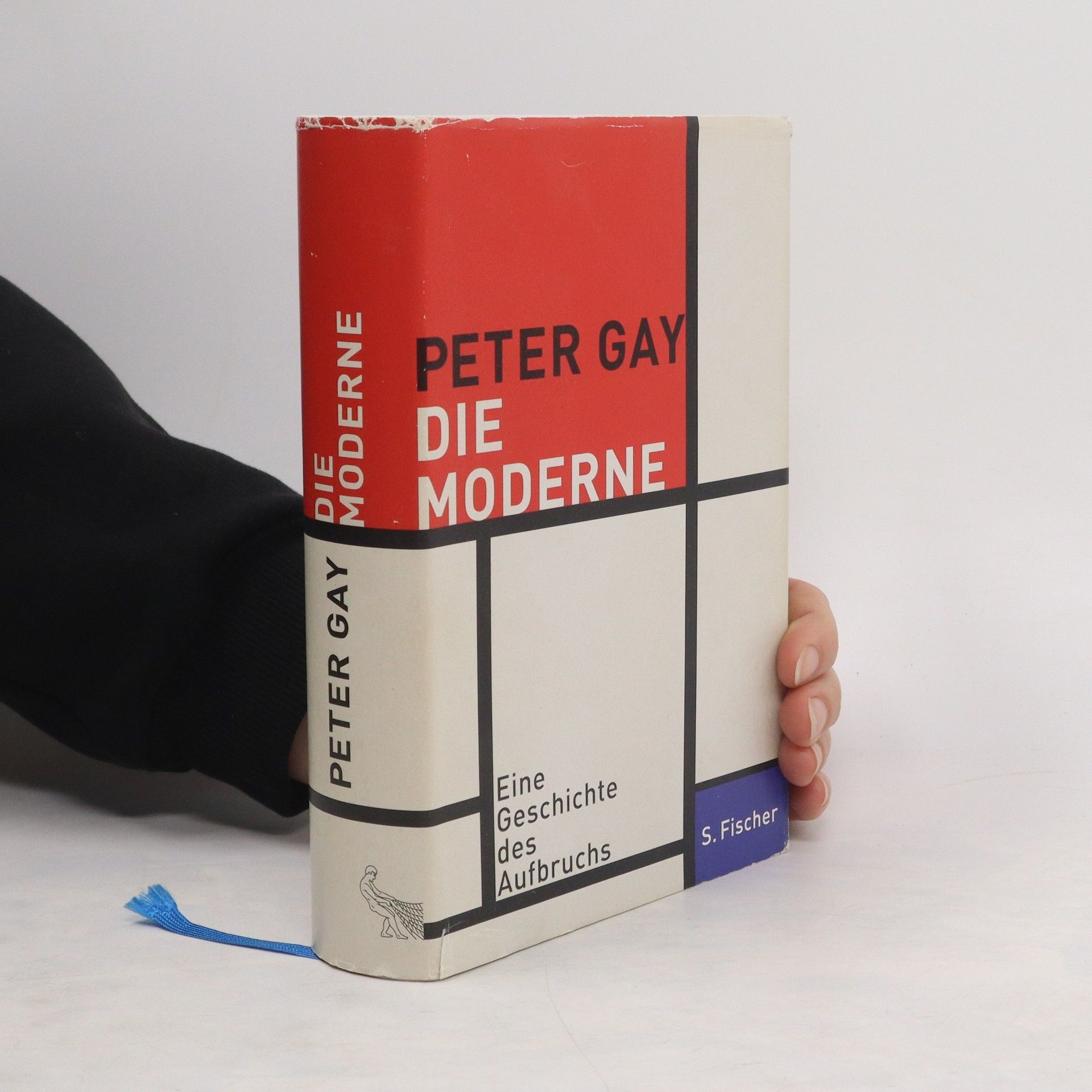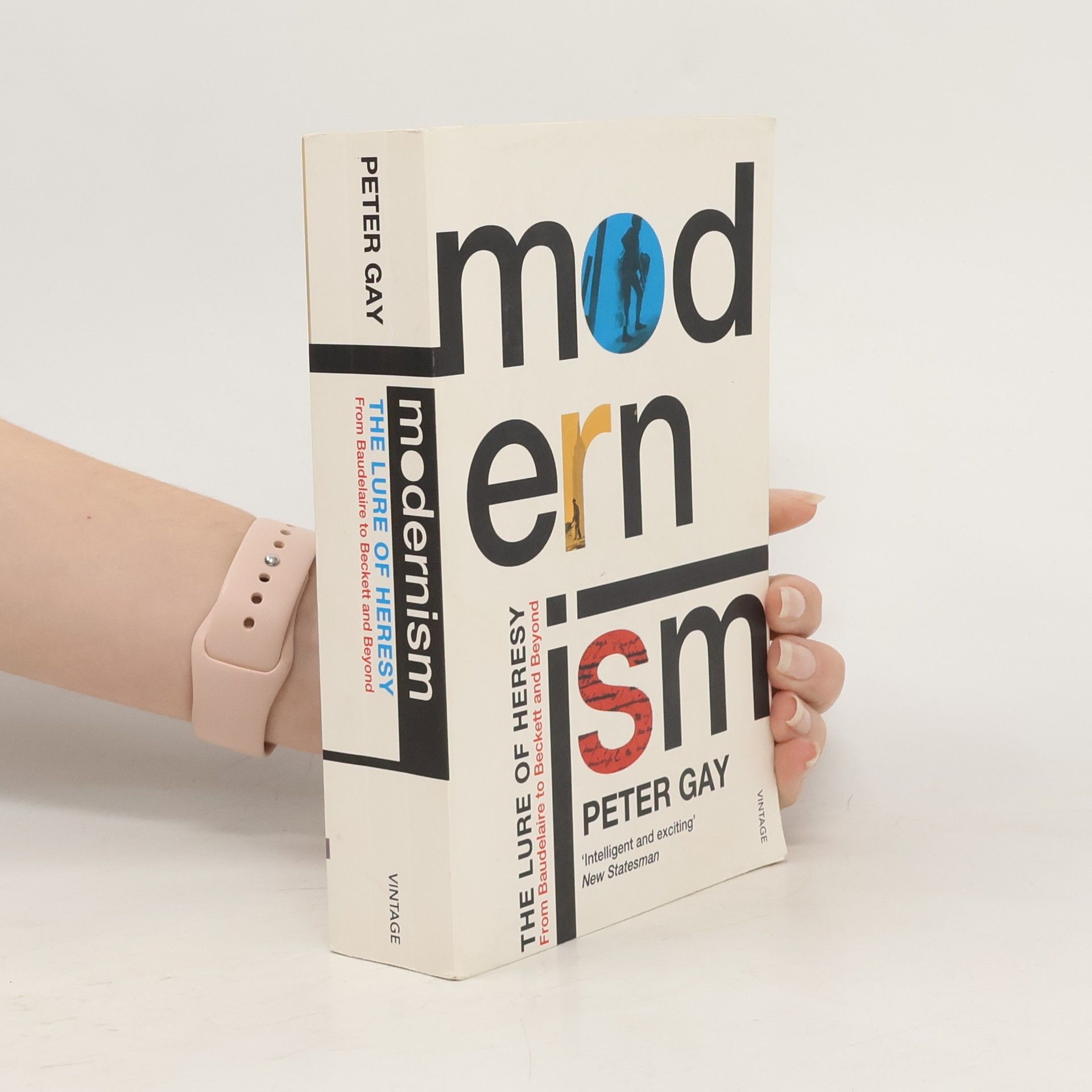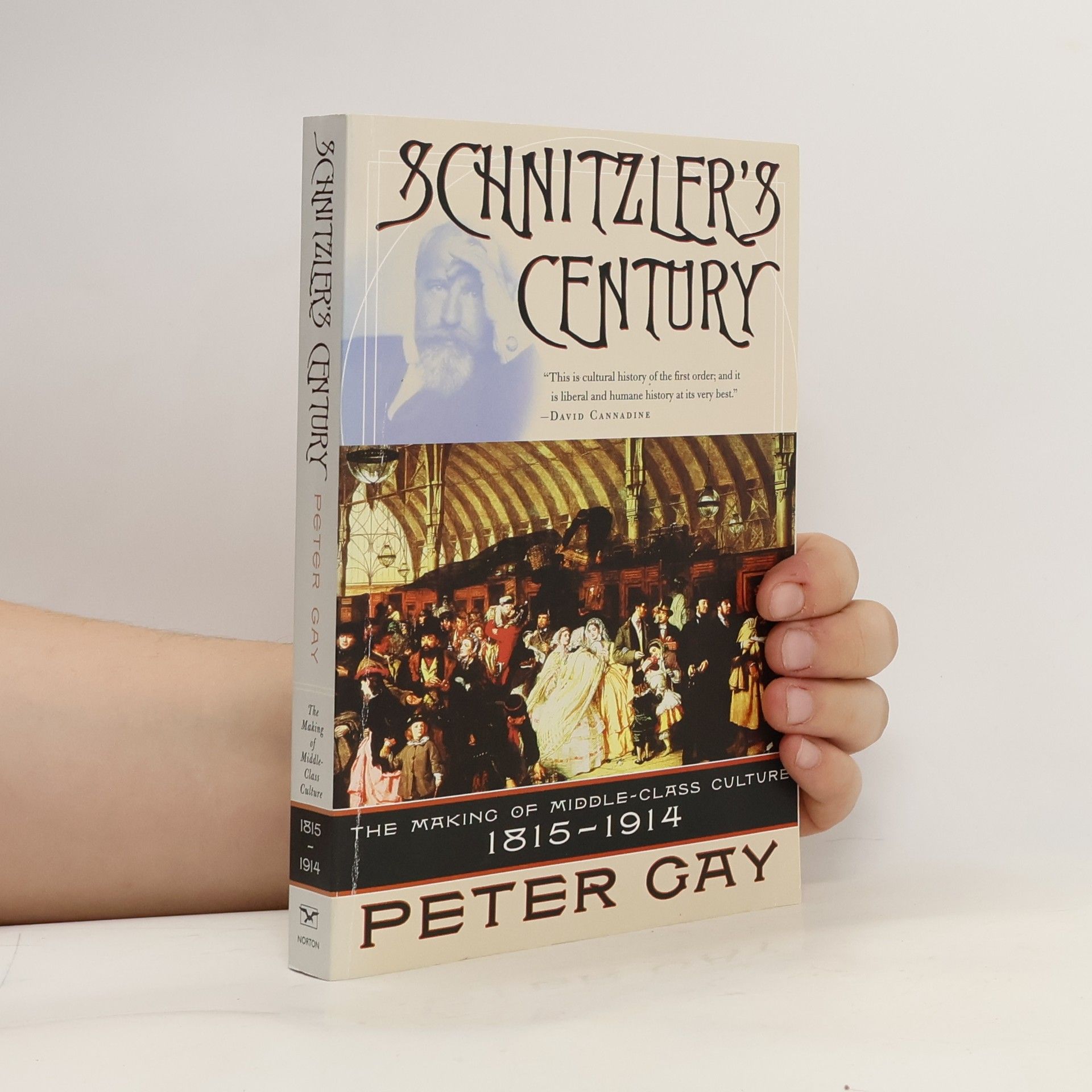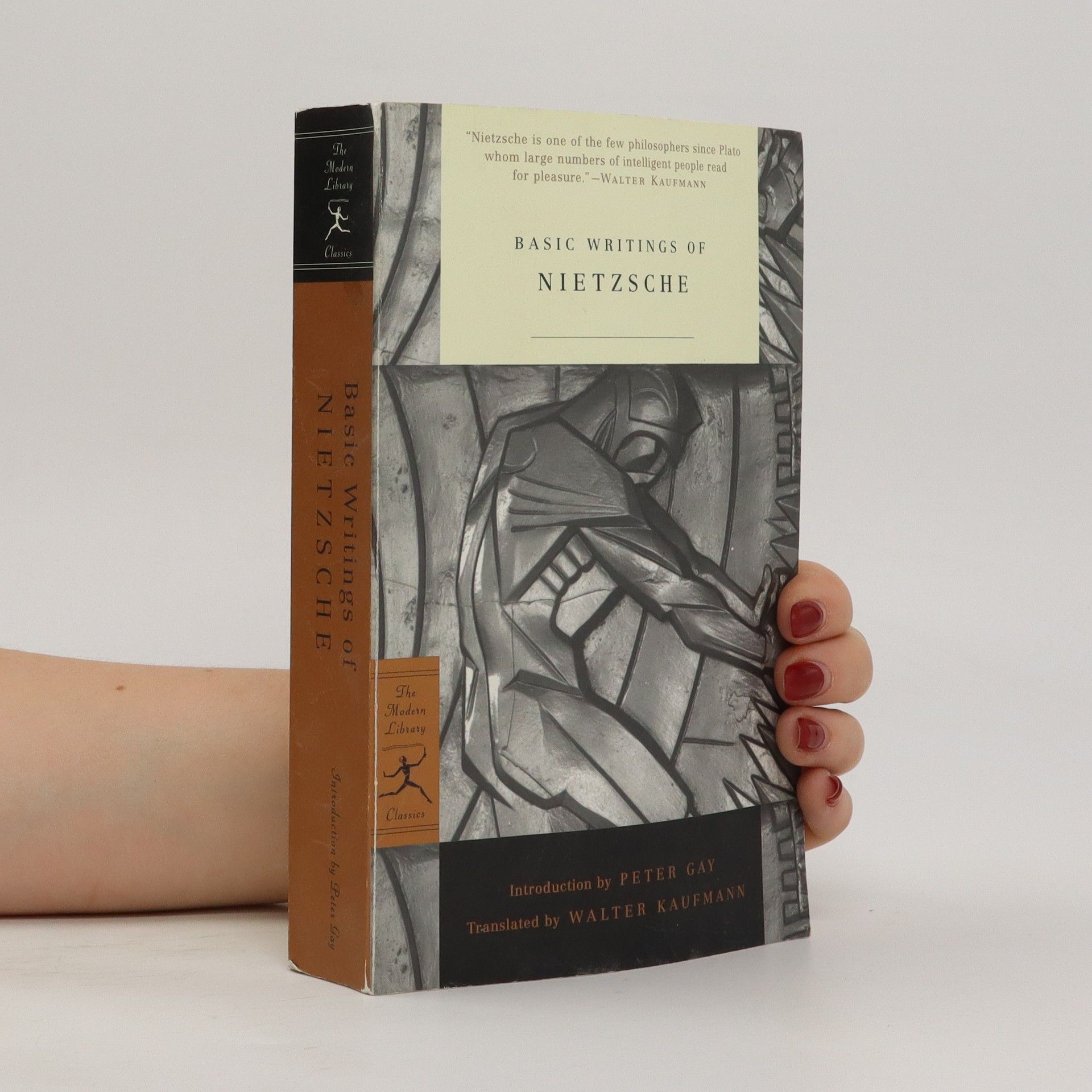Challenge to Karl Marx
Peter Gay Book order (chronological)
Peter Gay's scholarship delves into cultural and intellectual history, with a particular focus on the European Enlightenment. His writing is characterized by a profound understanding of historical context and a precise analysis of intellectual currents. Gay explores how ideas were formed and how they influenced society. His works are valued for their erudition and ability to illuminate complex historical phenomena for readers.

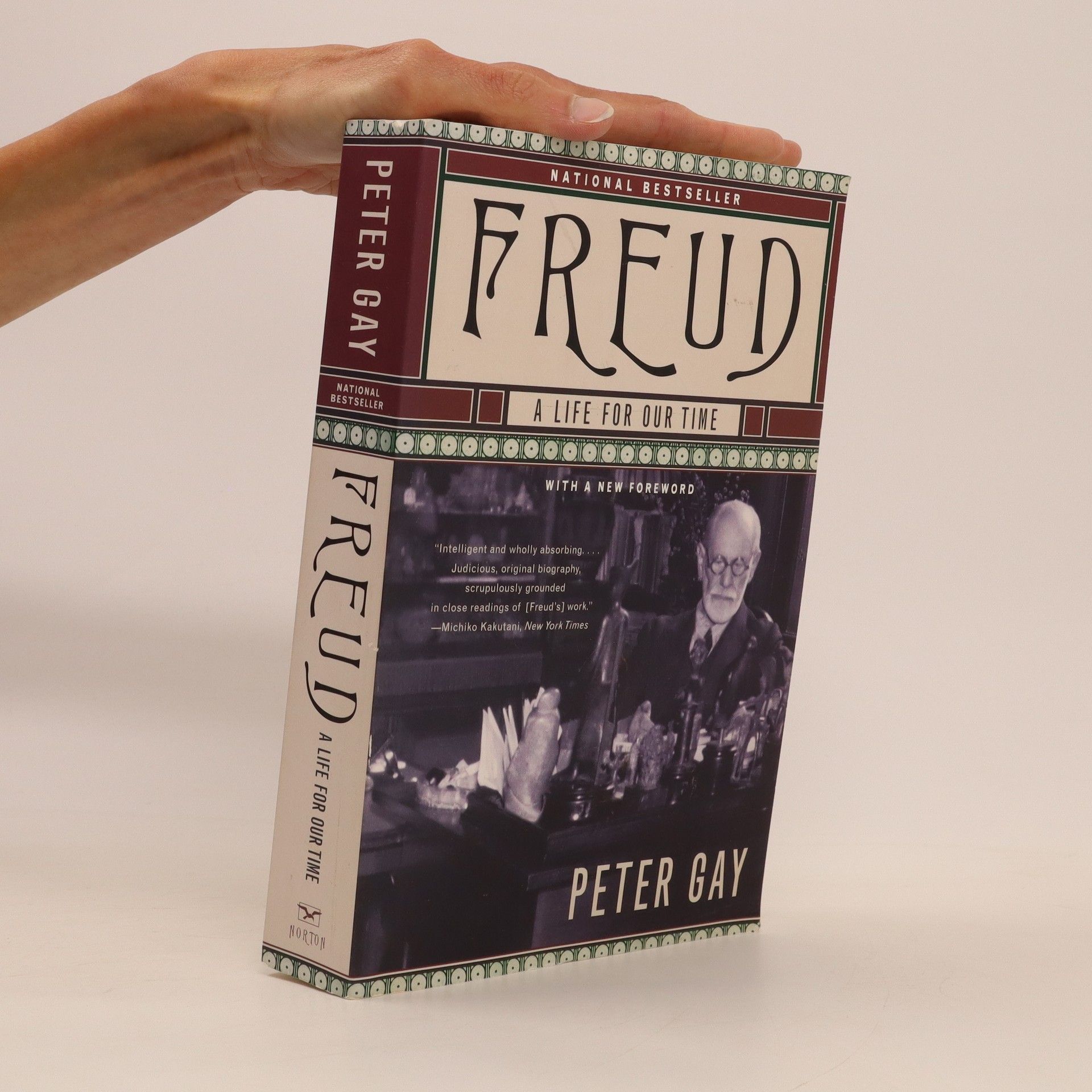
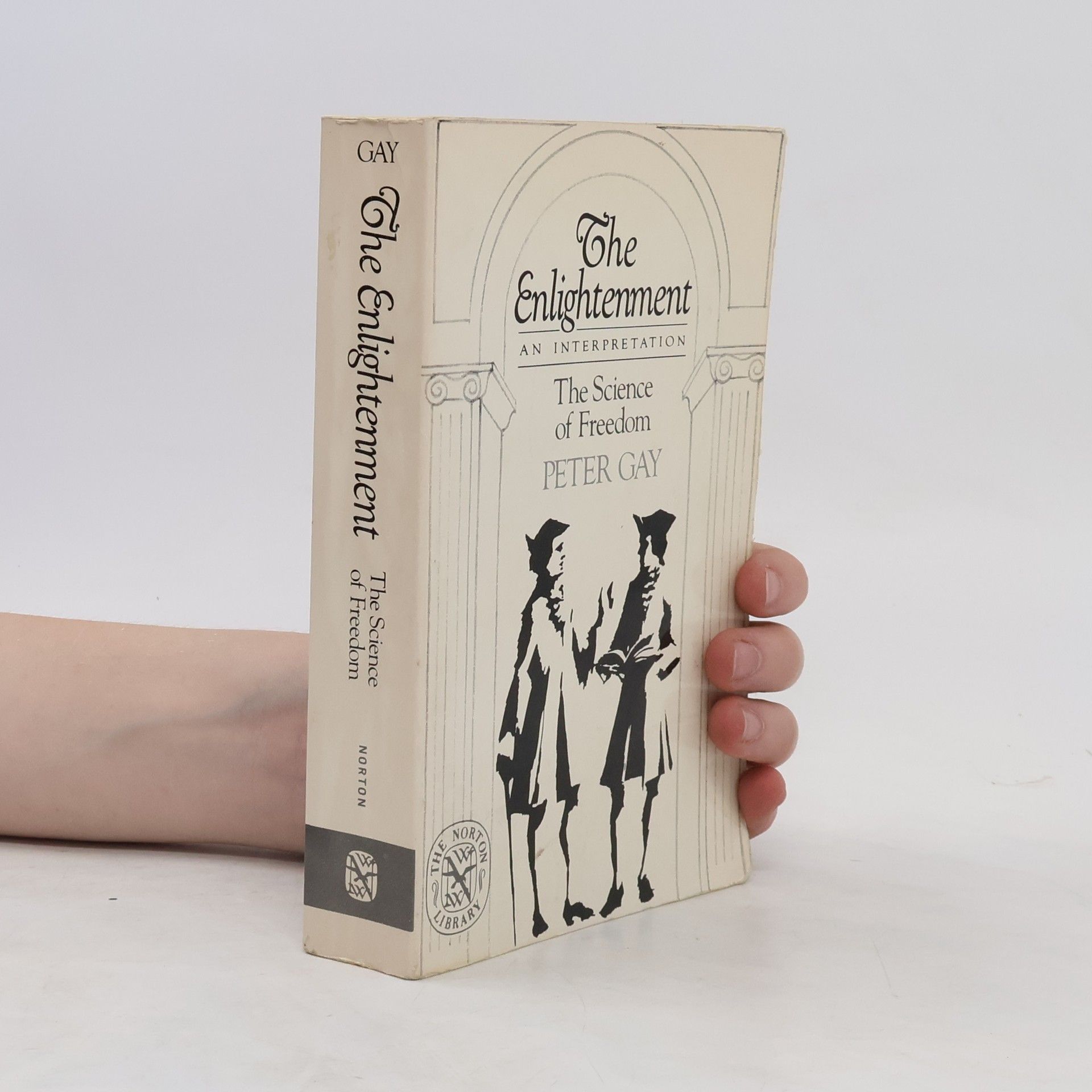

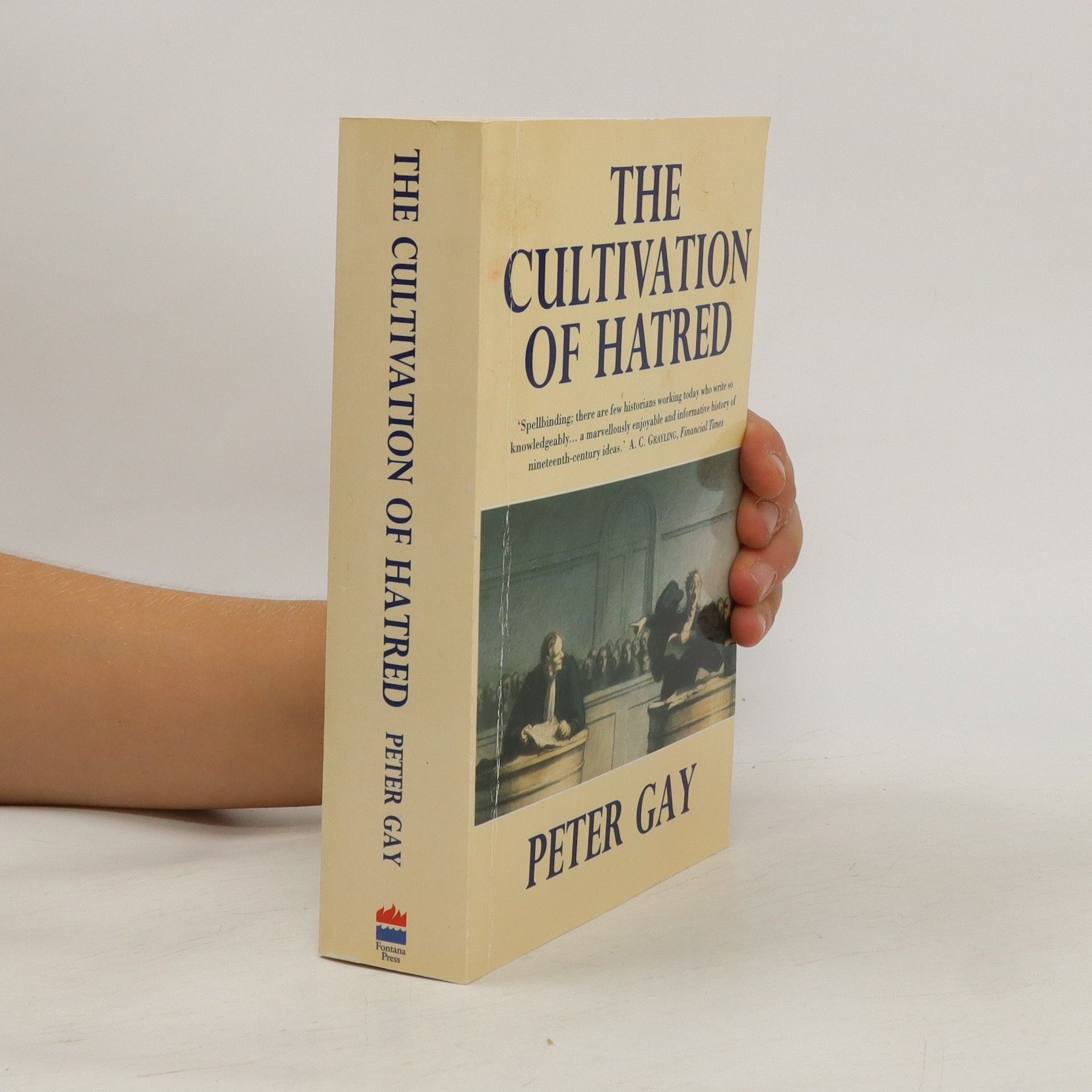

Why the Romantics Matter
- 141 pages
- 5 hours of reading
A National Book Award-winning Yale scholar's reflections on the romantic period, its contributors and its legacy addresses recurring questions about how to interpret romantic figures and their works while assessing modernism's debt to romanticism.
In seiner originellen und lang erwarteten Studie zieht Peter Gay die Summe seiner lebenslangen Beschäftigung mit der Kulturgeschichte der letzten zwei Jahrhunderte. Lebendig und erfrischend zeichnet der die Bewegung der ästhetischen Moderne von ihren Anfängen bei Baudelaire in der Mitte des 19. Jahrhunderts bis zu den Romanen García Márquez’ und den Bauten Frank Gehrys von heute nach. Er schält die typischem Merkmale und inneren Widersprüche heraus, die diese permanente Revolution gegen ästhetische Normen und den »guten Geschmack« auszeichnet, und zeigt, wie noch die »anti-modernen Modernisten« wie z. B. T. S. Eliot dazuzurechnen sind. In eleganter Prosa und mit unglaublicher Belesenheit lässt uns Peter Gay die Kunst und Kultur unserer Gegenwart besser verstehen.
Modernism : the lure of heresy from Baudelaire to Beckett and beyond
- 640 pages
- 23 hours of reading
Acclaimed cultural historian Peter Gay traces and explores the rise of artistic Modernism, the cultural movement that heralded and shaped the modern world, dominating western high culture for over a century.Peter Gay s most ambitious endeavour since
Savage Reprisals
- 192 pages
- 7 hours of reading
Peter Gay explores three literary masterpieces—Dickens's "Bleak House," Flaubert's "Madame Bovary," and Mann's "Buddenbrooks"—to reveal that novels offer more than historical truth. He examines the authors' craftsmanship and shared resentment towards society, showcasing their writing as a form of revenge within the Western literary canon.
Focusing on the social history of the nineteenth century, this book presents a thorough exploration of bourgeois culture through the lens of Arthur Schnitzler, a provocative Viennese playwright. Peter Gay draws on his extensive scholarship to analyze the transformative century from Napoleon's defeat to the onset of World War I, providing insights into the era's cultural dynamics. This work stands as a significant contribution from one of America's foremost historians, offering a fresh perspective on a pivotal period in history.
Introduction by Peter Gay Translated and edited by Walter Kaufmann Commentary by Martin Heidegger, Albert Camus, and Gilles Deleuze One hundred years after his death, Friedrich Nietzsche remains the most influential philosopher of the modern era. Basic Writings of Nietzsche gathers the complete texts of five of Nietzsche’s most important works, from his first book to his last: The Birth of Tragedy, Beyond Good and Evil, On the Genealogy of Morals, The Case of Wagner, and Ecce Homo. Edited and translated by the great Nietzsche scholar Walter Kaufmann, this volume also features seventy-five aphorisms, selections from Nietzsche’s correspondence, and variants from drafts for Ecce Homo. It is a definitive guide to the full range of Nietzsche’s thought. Includes a Modern Library Reading Group Guide
Education of the Senses
- 580 pages
- 21 hours of reading
Focusing on nineteenth-century sexual behavior, this book utilizes a wide range of primary sources to challenge and redefine stereotypes, particularly regarding women's sexuality. By delving into historical contexts, it offers fresh insights that illuminate the complexities of sexual norms and behaviors during this era, providing a nuanced understanding of the interplay between gender and sexuality.
The Tender Passion
- 520 pages
- 19 hours of reading
Set against a backdrop of shifting societal norms, the book delves into a pivotal era when the lines between erotic expression and restraint began to blur, reshaping the nature of love. It combines meticulous research with a lyrical writing style, offering insights into the complexities of Victorian relationships, both fictional and real. The author’s ability to weave together historical context and personal experiences creates a compelling narrative that captures the essence of the "tender passion" during this transformative time.
